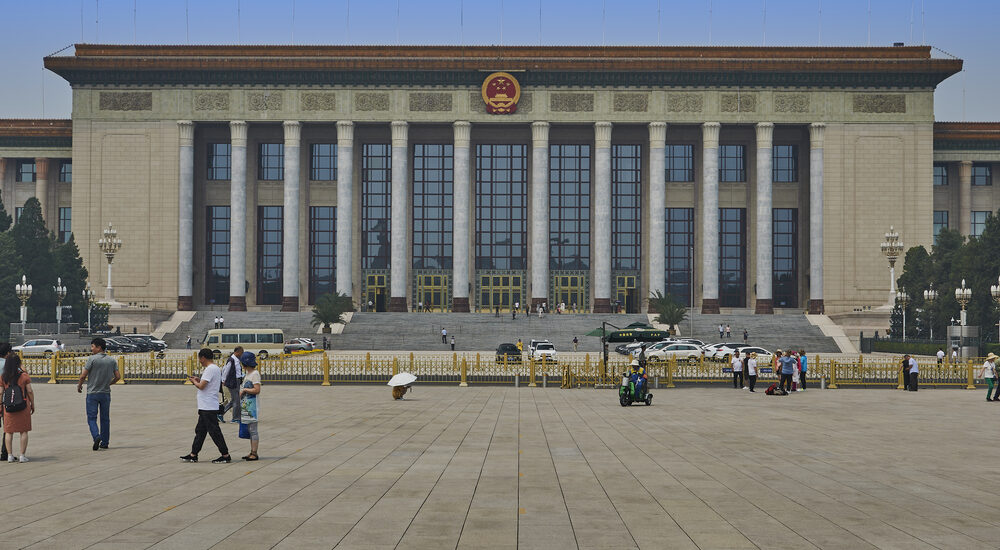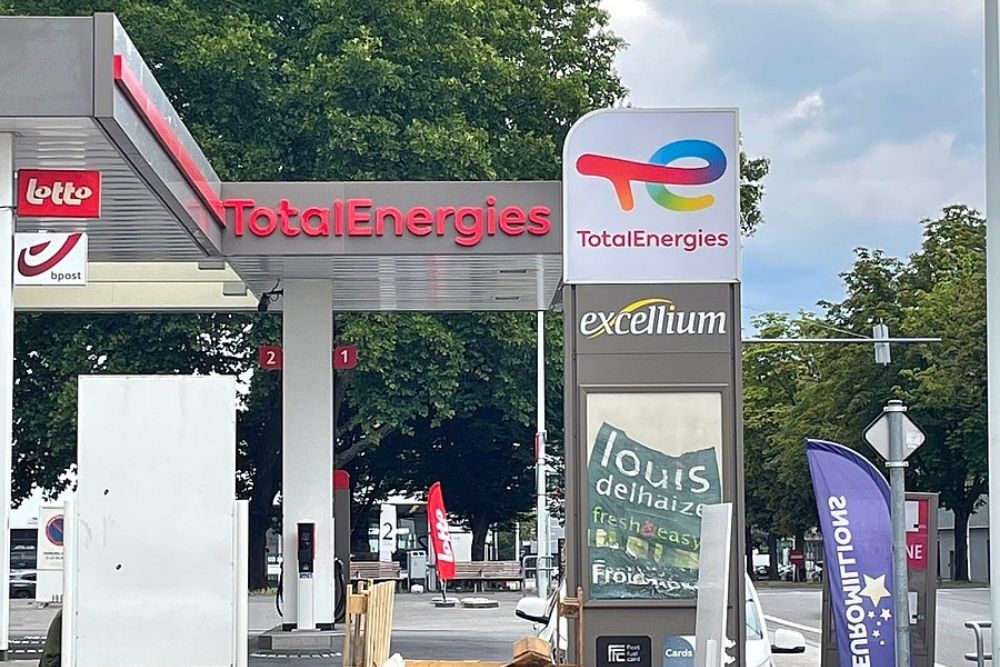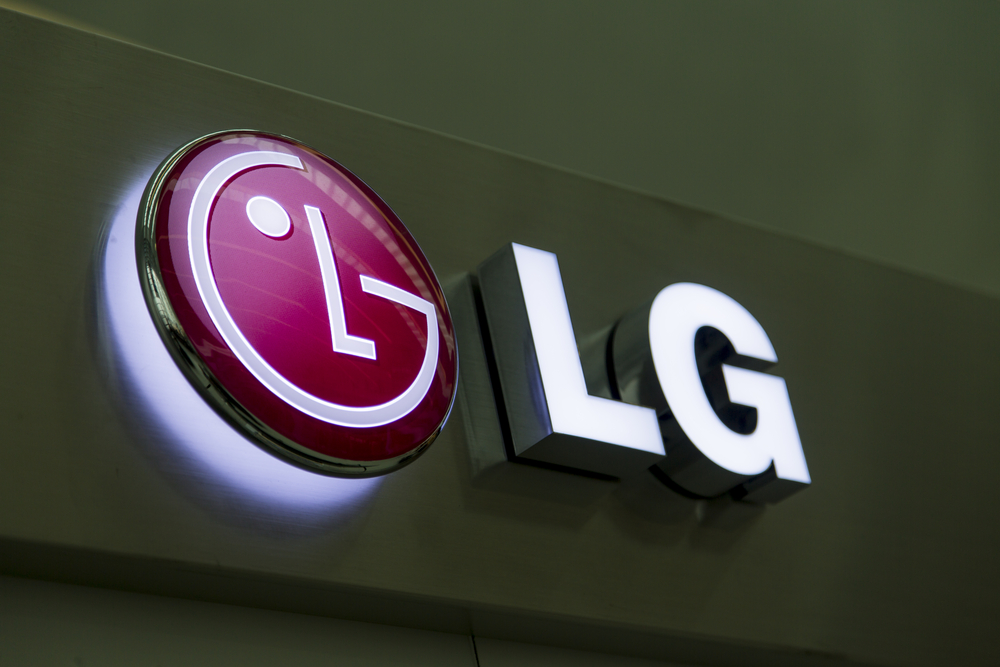Canadian pension fund CPP stepping back from China investments
- September 1, 2023
- Posted by: Quatro Strategies
- Categories: Americas, Business & Politics, China

Canada Pension Plan Investment Board (CPP Investments), the largest pension fund in Canada, has laid off at least five investment professionals in its Hong Kong office as part of its decision to scale back its investments in China. Most of those who left were part of the private equity team, and one managing director responsible for the firm’s Greater China real estate portfolio was informed earlier about losing his position.
The departures occurred in August, and the information hasn’t been publicly disclosed until now. CPP Investments has confirmed the layoffs, stating that they were part of ongoing organizational changes and not directly related to their approach to investments in China.
The pension fund has chosen to pause new investments in China, including both direct investments and commitments to China-focused fund managers. This decision is influenced by several factors, including concerns about China’s faltering economic recovery and increasing tensions between China and Western nations. CPP Investments had previously indicated in its annual report that it was reviewing its strategy in emerging markets, taking into account the evolving relationships between Canada, the U.S., and China.
The move by CPP Investments is in line with a broader trend among Canadian pension funds, with others also reducing their exposure to China. In April, the Ontario Teachers’ Pension Plan (OTPP) shut down its China equity investment team based in Hong Kong. Caisse de dépôt et placement du Québec (CDPQ), Canada’s second-largest pension fund, has halted private investments in China and will close its Shanghai office by the end of the year.
These pension funds’ decisions reflect concerns about China’s business environment and the deteriorating relationship between China and Western countries. The ongoing trade tensions and geopolitical disputes have created uncertainty for foreign investors operating in China.
Interested in learning more?
Sign up for Top Insights Today

Top Insights Today delivers the latest insights straight to your inbox.
You will get daily industry insights on
Oil & Gas, Rare Earths & Commodities, Mining & Metals, EVs & Battery Technology, ESG & Renewable Energy, AI & Semiconductors, Aerospace & Defense, Sanctions & Regulation, Business & Politics.



